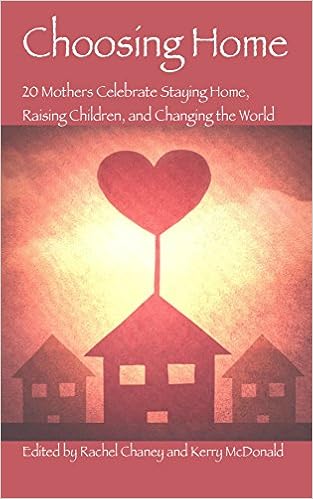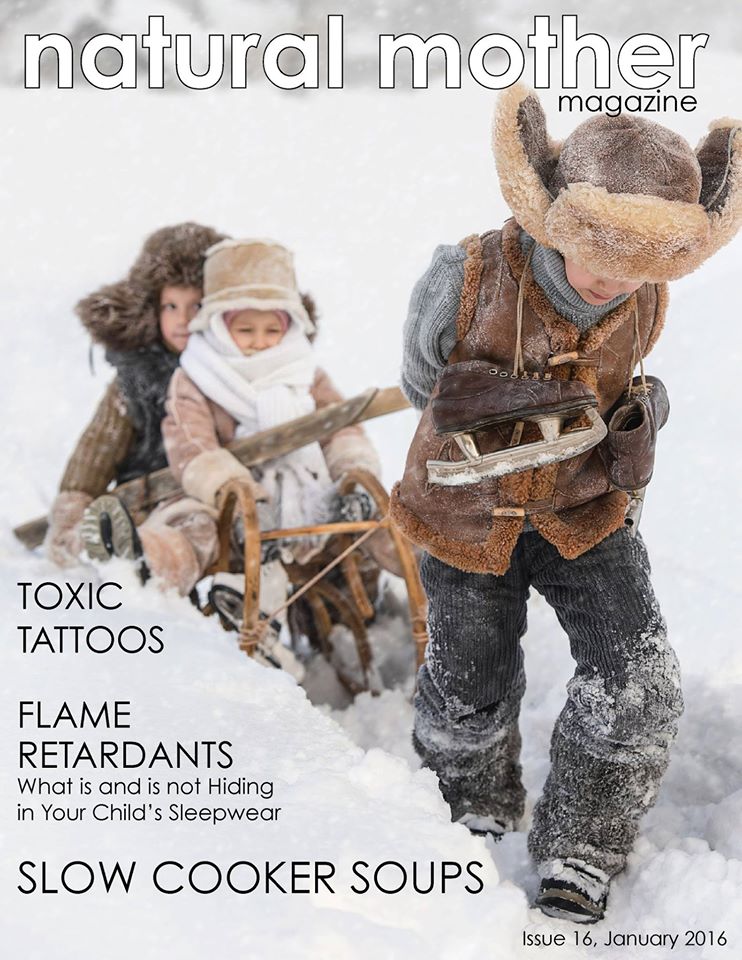Homeschooling is the oldest form of education. Its roots span generations and geography, as children all over the world learned the skills of their culture through their family and throughout their community.
Despite the fact that the proclaimed "father of American public education," Horace Mann, homeschooled his own three children even while passing the country's first compulsory schooling statute in 1852, homeschooling for most families began to decline in the late-19th century.[1] Strict statutes that mandated school attendance under a legal threat of force were eventually adopted by all states, with Mississippi the final hold-out, passing its compulsory attendance law in 1917. According to the FindLaw database: "Parents who refused to send their children to school were fined and (in some cases) stripped of their parental rights, and their children apprenticed to others."
Against this coercive back-drop, and alongside the Industrial Revolution that took parents out of their homes and into factories, it grew increasingly challenging for most families to choose homeschooling.
It wasn't until the 1970s that the homeschooling movement began its modern, bipartisan revival. The tumult of the 1960s led to a broad backlash against mainstream culture on both the political right and left. Both liberals and conservatives became increasingly skeptical of the political, economic, and institutional mores of Vietnam-era American society. They reacted by creating alternatives that, although ideologically different in many ways, were also strikingly similar. Education professor and author of Homeschool: An American History, Milton Gaither, writes: "Given this pan-ideological commitment to local, authentic, private life and contempt for establishment liberalism, it is not surprising that members of both the countercultural right and the countercultural left reacted, for different reasons, against the twentieth-century expansion of public education into a near-universal experience."
In the 1970s, homeschooling was not legally recognized in most U.S. states (today it is legal in all), and the families who chose to homeschool were, in many ways, cultural radicals. Journalist Matthew Hennessey writes: "Not so long ago, homeschooling was considered a radical educational alternative--the province of a small number of devout Iowa evangelicals and countercultural Mendocino hippies." Not so today, as the number of homeschoolers swells to over 2 million children. (By comparison, there are approximately 2.7 million children enrolled in U.S. public charter schools.)
While homeschooling for religious freedom remains a powerful driver for many families, much of the rise in today's homeschooling rates is propelled by urban, secular families who are disillusioned by test-driven, one-size-fits-all schooling, as well as black and minority families who reject the culture of low standards and institutional racism they view as ubiquitous within conventional schools. The Atlantic reports that "black families have become one of the fastest-growing demographics in homeschooling, with black students making up an estimated 10 percent of the homeschooling population." (This compares to the 16 percent they comprise of all U.S. public school students.)
While homeschooling for religious freedom remains a powerful driver for many families, much of the rise in today's homeschooling rates is propelled by urban, secular families who are disillusioned by test-driven, one-size-fits-all schooling, as well as black and minority families who reject the culture of low standards and institutional racism they view as ubiquitous within conventional schools. The Atlantic reports that "black families have become one of the fastest-growing demographics in homeschooling, with black students making up an estimated 10 percent of the homeschooling population." (This compares to the 16 percent they comprise of all U.S. public school students.)
At the heart of both the 1970s countercultural homeschooling movement and its modern ascent into the mainstream is a fundamental belief in children's potential--on both the political left and right. As Professor Gaither writes:
"The progressive left had long harbored romantic ideals of child nature, born of Rousseau and cultivated in the progressive education movement of the early twentieth century. Countercultural leftists inherited this outlook, and when they had children their instinct was to liberate the kids from what they took to be the deadening effects of institutionalization by keeping them at home. The countercultural right, despite ostensibly conservative and biblical theological commitments, shared basically the same view.... If asked, many conservative Christians will say they believe in original sin, but at the deepest level they tend to think of their children as precious gifts of God, full of potential..."
In an increasingly ideologically divided country, perhaps we can learn something from the many liberals and conservatives today who choose to homeschool their children. In an otherwise polarized political climate, homeschoolers on the right and the left--in bright red counties and deep blue cities--find commonality and fellowship in their shared choice to place children and family at the center of their lives. Perhaps that is the message all of us need to hear.
[1] Messerli, Jonathan. Horace Mann: A Biography. New York: Alfred A. Knopf, 1972, p. 429.
[1] Messerli, Jonathan. Horace Mann: A Biography. New York: Alfred A. Knopf, 1972, p. 429.
























Beautiful. Thanks Kerry.
ReplyDelete